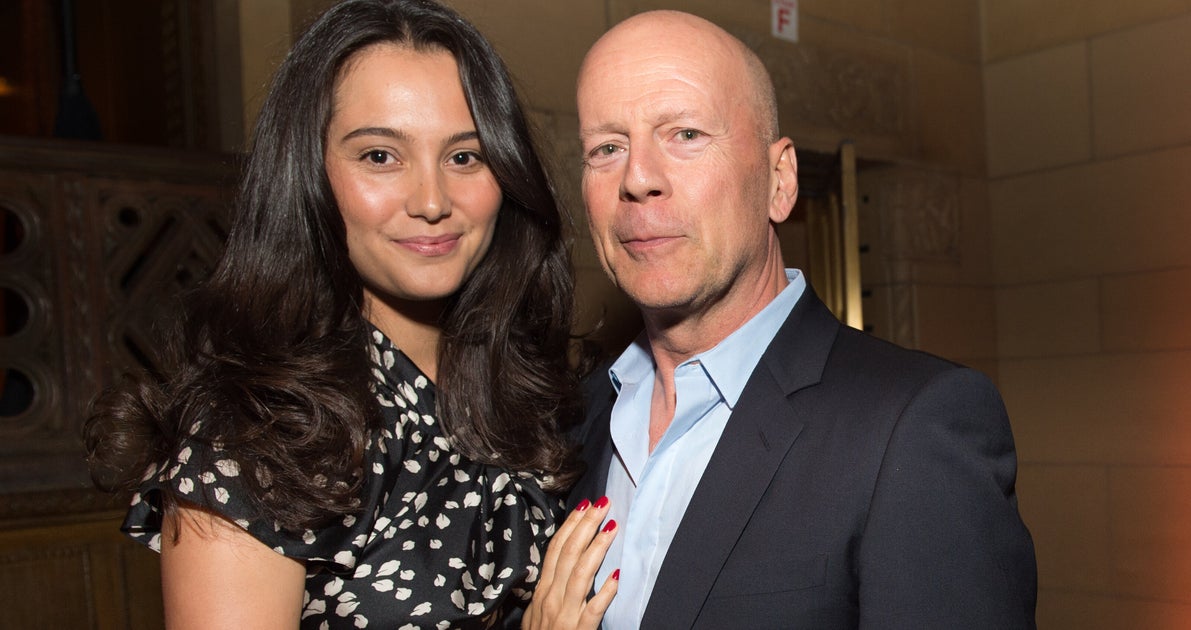Emma Heming Willis is sharing how her family has learned to adjust during the holidays amid husband Bruce Willis’ dementia battle.
“It’s joyous. It’s just different,” the British model, 47, told People at the End Well 2025 conference in Los Angeles on Nov. 20. “Bruce loved Christmas and we love celebrating it with him. It just looks different, so we’ve kind of adapted to that.”
In March 2022, the “Die Hard” star’s family announced he was diagnosed with aphasia and would be retiring from acting. His condition progressed to frontotemporal dementia the following year.
Emma Willis went on to tell People that the holidays can be difficult for families who have loved ones with dementia. She then added that she thinks “it’s important to put ‘Die Hard’ on because it’s a Christmas movie.”
“You have to learn and adapt and make new memories, bring in the same traditions that you had before,” she continues. “Life goes on. It just goes on.”
Noting that “dementia is hard,” she declared, “there is still joy in it” — though she said things aren’t quite the same.
“I think it’s important that we don’t paint such a negative picture around dementia,” she added. “We are still laughing. There is still joy. It just looks different.”
 Bruce Willis, left, and wife Emma Heming Willis first met in 2007.
Bruce Willis, left, and wife Emma Heming Willis first met in 2007.
The couple tied the knot in 2009 after two years of dating. They share two daughters: Mabel Ray Willis and Evelyn Penn Willis. Bruce Willis is also a dad to daughters Rumer Glenn Willis, Scout LaRue Willis, and Tallulah Belle Willis, whom he welcomed with ex-wife Demi Moore.
Elsewhere in her chat with People, Emma Willis said that her family life has been “very simple — it always actually has been.
“I think that just being able to be present with him, that is the joy. Me being able to be his wife with him. Those are the moments.”
Last week, Rumer Willis gave a separate update on her father’s well-being after being asked about him during an Instagram Q&A session.
“People always ask me this question,” she said. “And I think it’s kind of a hard one to answer, because the truth is that anybody with FTD is not doing great. But he’s doing OK in terms of somebody who’s dealing with frontotemporal dementia, you know what I mean?
“I’m so grateful that when I go over there [to his separate home for dementia care] and give him a hug, whether he recognizes me or not, that he can feel the love I’ve given him and I can feel it back,” she added.

